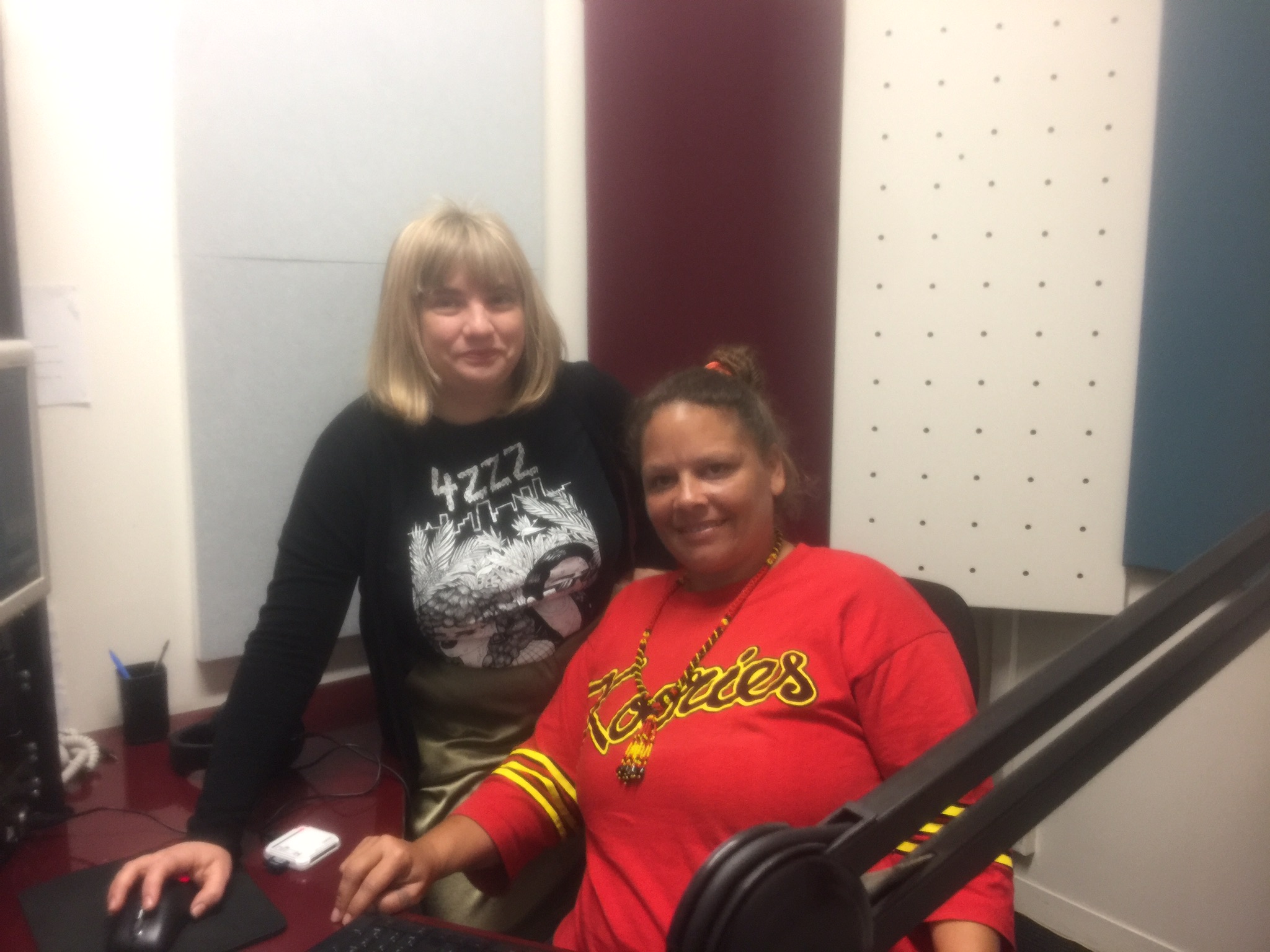
From Spark to Story
Pitching for the National Features and Documentary Series: you have your story idea, perhaps a main character or interviewee, and a concept for how you want it to sound on air.
But you haven’t been this ambitious with your radio production before... Where do you start? How do you take your concept and make it into a half-hour piece of radio that tells a story and hooks a listener?
These are the questions that annual recruits of the National Features and Documentary Series have asked themselves since 2014. An initiative of the CBAA and Community Media Training Organisation (CMTO), in 2017 eight producers from radio stations across Australia undertook training and mentoring for the series. For many, it was the first time they’ve produced such a piece of radio, and they were paired with very experienced mentors (who share a few accolades between them!) to step them through.
In 2017, topics ranged from the lives of veterans living with PTSD in Simon Finch’s Disconnected States (The Pulse, Geelong), to an historical indictment of Australia’s colonisation in Graeme Taylor’s Crown Rules (3MDR, Emerald). As they neared the finish line, we asked producers behind two of the 2017 features to look back on several months of preparation, research, interviewing, recording, scripting and editing. First up, Kaiyu Bayles from 98.9FM in Brisbane shares more about the feature that she produced with her son, Tiga - Four Generations of Black Storytellers, which looks into their family’s history to share stories from leaders past, present and emerging. Weaving together powerful recordings of oration new and old, the result is a moving family portrait full of inspiration and direction.
How would you describe your feature?
I'd describe our feature as a rare opportunity to hear from one family who have been involved in so much. If you wanted a quick download of what it means to be the original people of the land in today's times, this is it. It's packed with wisdom, laughter, poetry, songs and traditional music: a story within a story, within a story.
It's a largely untold story, and one that touches so many histories. What do you want listeners to take from it? 
To take advantage of the layered messages of wisdom that unfold as you listen. But most importantly to ask themselves what kind of ancestor they want to be for the children of the future.
What do you and Tiga feel you've gotten out of the NFDS training and mentoring?
With the experience so far, we have gained the skills necessary to produce projects at a much higher standard. With this, we will be able to better tell the stories of our people and have that impact on others we work with in First Nation media. Getting expert guidance and support from our mentor (Lorena Allam, Acting Manager at ABC Radio National) was exactly what we needed to improve the sounds and quality of our work. We look forward to creating and experimenting more with audio after our time preparing this piece.
Meanwhile, based at Melbourne’s Triple R, Kaarina Lindell found the need to make her own sound effects. One sound required the overdubbing of a phonograph coughing to life, a recording from 1900 and some extra studio tricks. This helped distil How Digital Changed Music’s vision: a piece exploring musicians’ testimony about the rise of digital technology and how it has changed the way we make, consume and think through music.
How would you describe your feature?
My feature looks at how the shift to digital has changed music from a musician’s perspective. It was born out of a sense of disbelief and wonder: the way we listen to music in 2017 is so completely different to what would have been standard in 1987, which was not so long ago. Such a seismic shift must have repercussions for musicians but a lot of media coverage looks for the sensational angle that “digital killed the music industry”. I wanted to investigate this topic in a way that takes the bigger picture into account.
What were some of the challenges in telling a story with so many voices?
That came later during editing when there were all these wonderful, funny, irreverent, original quotes that weren’t on topic! So I had to cut them! Without making decisions like these, I would have ended up with a four-hour marathon documentary. To feel better about the cuts I’d have to tell myself that I’d keep the best bits for online extras (e.g. career advice from Uncanny X-Men’s Brian Mannix).
Producing a radio documentary means you can approach interesting people and ask them probing questions, so the interviewing process made me feel very fortunate.
What do you feel you've gotten out of the NFDS training and mentoring?
Overall, it helped me understand more about telling a good story. It was really important for transforming a vague dream into something tangible that will be heard in the real world. Without it, I could imagine meandering around and feeling a bit lost. Each piece of advice or feedback (Kaarina was mentored by Bay FM’s Michael Schubert, 2016 NFDS CBAA Award winner) helped me get past the blocks, so I would be able to see a way forward or find a different approach to a problem. The NFDS also introduced me to a great group of thoughtful and curious people – radio documentary producers are great conversationalists!
All past and current National Features and Documentary Series are packaged for any community station to broadcast locally. The 2017 series is freely available now.
For access, email [email protected] and see www.nfds.org.au for more information.
Produced with the assistance of the Department of Communications and the Arts via the Community Broadcasting Foundation – www.cbf.com.au.
This article was originally published in the November 2017 edition of CBX Magazine.
Facebook comments